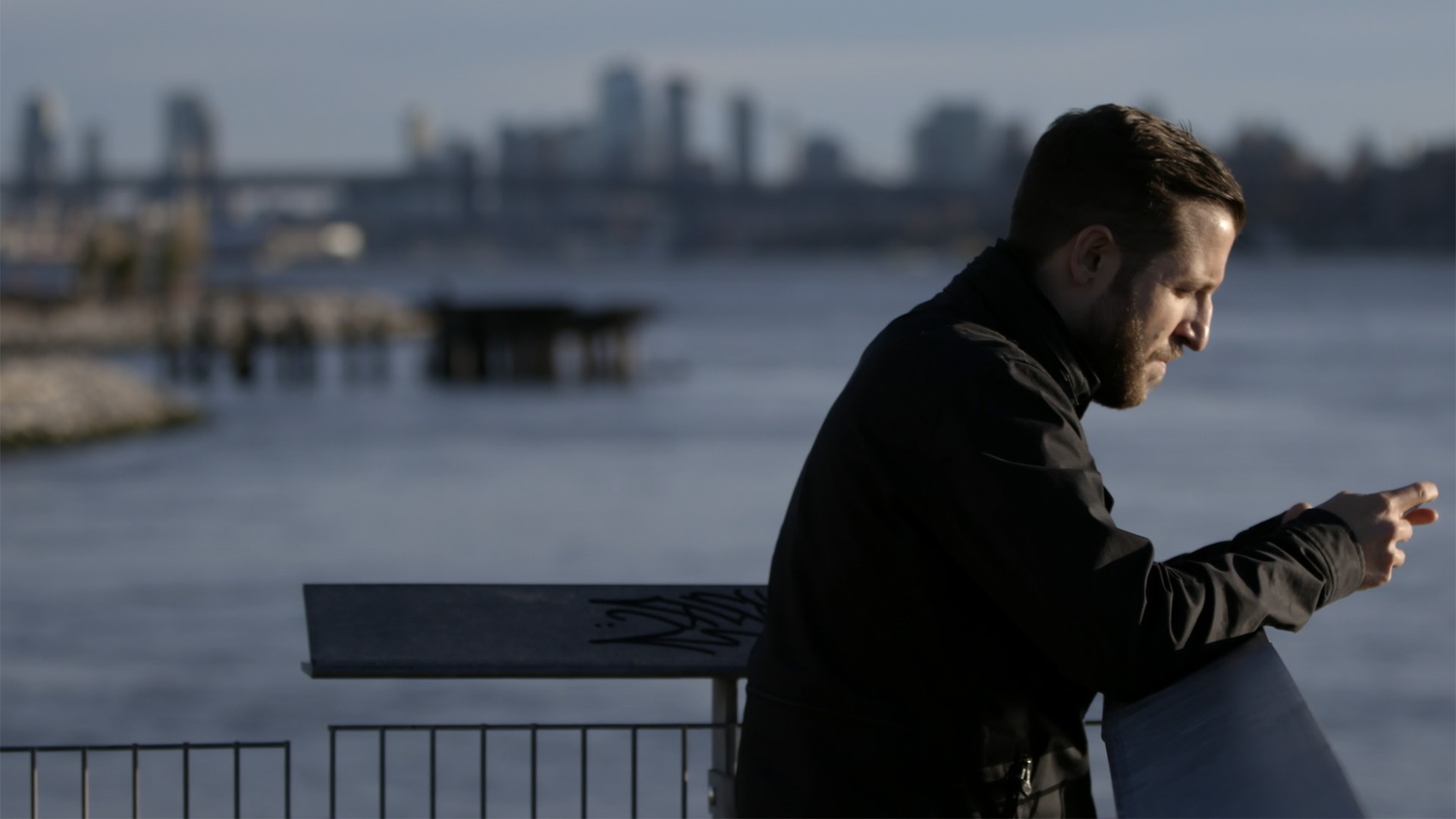VICE News reporter Ben Makuch will appear before the Supreme Court of Canada on Wednesday to fight against the RCMP’s demand that he hand over documents related to his communication with an alleged ISIS fighter.The hearing, the culmination of a years-long battle between VICE and Canada’s federal policing body, could result in a landmark decision for press freedom in Canada. In 2014, Makuch got in touch with Farah Shirdon, a man who left Calgary to join ISIS and then popped up in a propaganda video, burning his Canadian passport and threatening Canada and the U.S.Makuch interviewed Shirdon and then published several articles based on the interviews.In 2015, the RCMP served VICE with a production order for all communications between Makuch and Shirdon, as part of their investigation into Shirdon, who has been charged in absentia with six terrorism offences.“It definitely put me through the ringer in a lot of ways. This happened to me really early in my career, so to know that you can be attacked by the state or be forced to do something that you find fundamentally immoral to your job and your profession is a tough fact to learn,” said Makuch, who was only 26 when he was served with the production order.“When people get whipped into a frenzy about things like terrorism, they’re willing to do some irrational things and question some of the things that we hold to be very important to our society.”Since then, US Central Command, which oversees U.S. military operations in Syria and Iraq, has told Canadian media that Shirdon was killed in an airstrike in July of 2015, although the U.S. State Department places him in Raqqa as late as November 2015.VICE has argued that being compelled to hand over source material to the police will create a chilling effect on the press, essentially by making them an extension of law enforcement, and prevent journalists from being able to gather information.The Crown, for its part, contends that the RCMP is seeking information that is reliable and necessary for its investigation, that they couldn’t obtain that information from any other source, and that Makuch didn’t promise Shirdon confidentiality.A coalition of 12 press freedom and civil liberties organizations from around the world have been granted leave to intervene and make brief presentations at the hearing in Ottawa on Tuesday.
In 2014, Makuch got in touch with Farah Shirdon, a man who left Calgary to join ISIS and then popped up in a propaganda video, burning his Canadian passport and threatening Canada and the U.S.Makuch interviewed Shirdon and then published several articles based on the interviews.In 2015, the RCMP served VICE with a production order for all communications between Makuch and Shirdon, as part of their investigation into Shirdon, who has been charged in absentia with six terrorism offences.“It definitely put me through the ringer in a lot of ways. This happened to me really early in my career, so to know that you can be attacked by the state or be forced to do something that you find fundamentally immoral to your job and your profession is a tough fact to learn,” said Makuch, who was only 26 when he was served with the production order.“When people get whipped into a frenzy about things like terrorism, they’re willing to do some irrational things and question some of the things that we hold to be very important to our society.”Since then, US Central Command, which oversees U.S. military operations in Syria and Iraq, has told Canadian media that Shirdon was killed in an airstrike in July of 2015, although the U.S. State Department places him in Raqqa as late as November 2015.VICE has argued that being compelled to hand over source material to the police will create a chilling effect on the press, essentially by making them an extension of law enforcement, and prevent journalists from being able to gather information.The Crown, for its part, contends that the RCMP is seeking information that is reliable and necessary for its investigation, that they couldn’t obtain that information from any other source, and that Makuch didn’t promise Shirdon confidentiality.A coalition of 12 press freedom and civil liberties organizations from around the world have been granted leave to intervene and make brief presentations at the hearing in Ottawa on Tuesday.

Advertisement